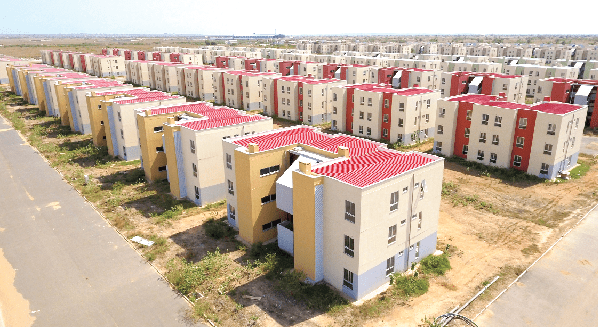Match Digitisation Talk with Resources” – Abak Foundation Executive Director To Gov’t.
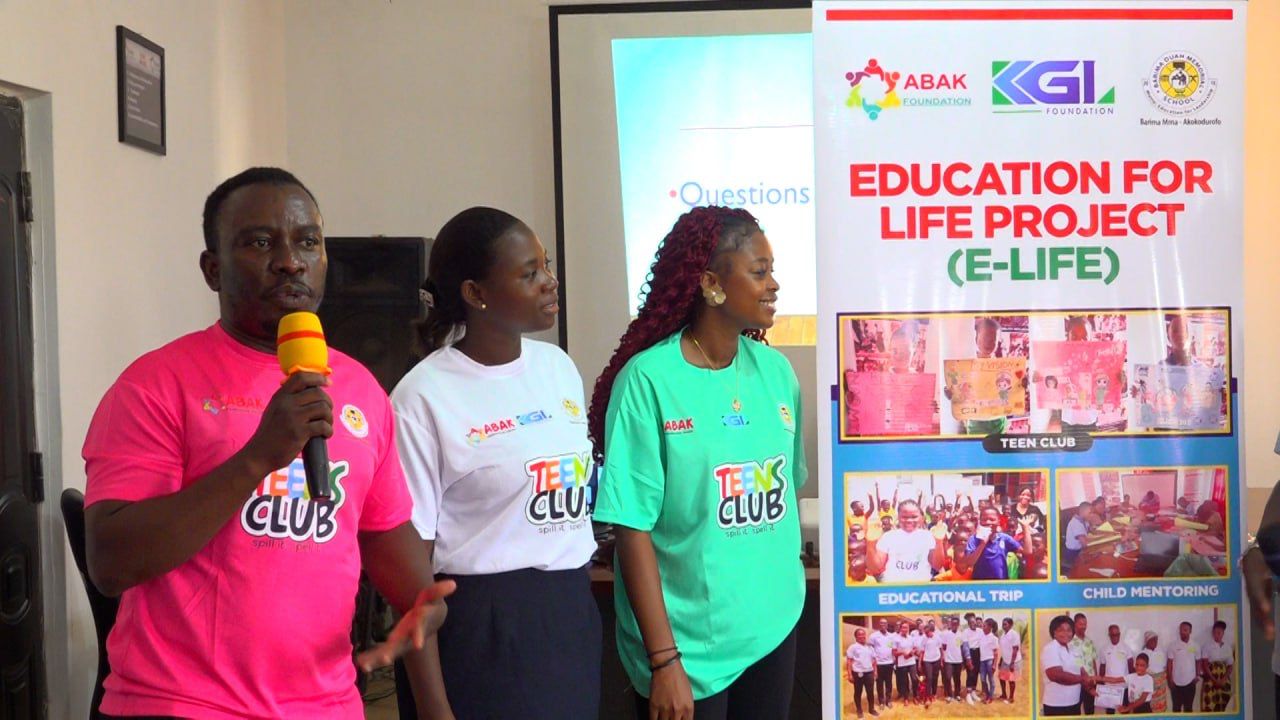
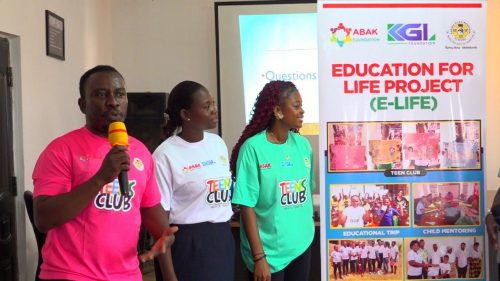
Abak Foundation, in collaboration with KGL Foundation, has officially launched the “Education For Life Project (E-Life),” a life-changing initiative aimed at equipping school children within the Kumasi Metropolitan and Atwima Kwanwoma areas with Information and Communication Technology (ICT) skills.
The project, launched at the Barima Duah Memorial School in Sokoban, is designed to foster digital literacy, character development, and mentorship opportunities among pupils in public schools.
The initiative is part of a broader educational support framework spearheaded by the two foundations.
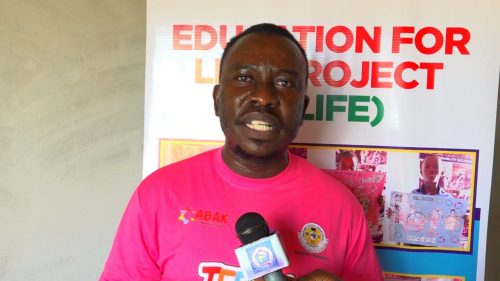
Speaking at the launch, the Executive Director of Abak Foundation, Mr. Philip Duah, expressed concern over the government’s lack of resources and infrastructure to support ICT education in public schools despite its emphasis on digitisation.
“There is a big gap,” Mr. Duah stated. “Public schools don’t even have ICT laboratories, yet the government keeps talking about digitisation. We believe the government must rethink its digitisation agenda and start resourcing our schools with the necessary ICT tools.”
He further explained the rationale behind the E-Life Project, stressing the importance of preparing the younger generation for the fast-evolving digital world.
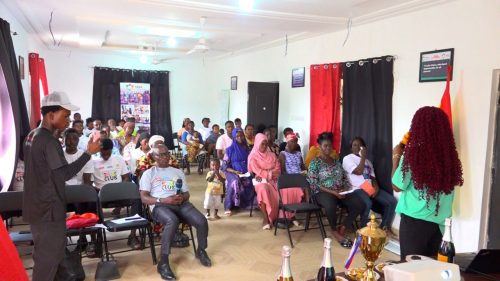
“Now that the world is moving towards digital transformation, it is critical we train our children to adapt. That is why we have come up with this initiative,” he added.
The E-Life Project also includes a mentorship component aimed at connecting children with role models who can inspire them to pursue their dreams.
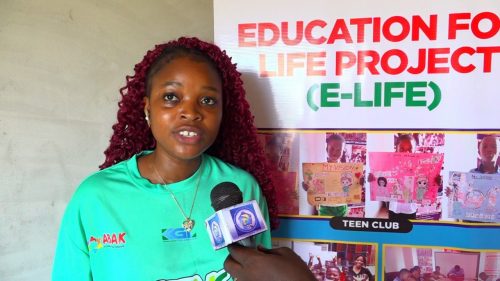
According to Matina Addae, the Project Officer for the “E-Life Project”, the mentorship programme forms part of the project’s flagship life skills approach.
“At the end of the day, it’s going to build their character and help them develop confidence and self-esteem,” Ms. Addae noted.

“We want to raise young people who won’t depend on peers for decision-making but can chart their own paths with boldness.”
Parents are not left out of the initiative. Special training sessions have also been incorporated to help parents understand how to support their teenage children effectively.
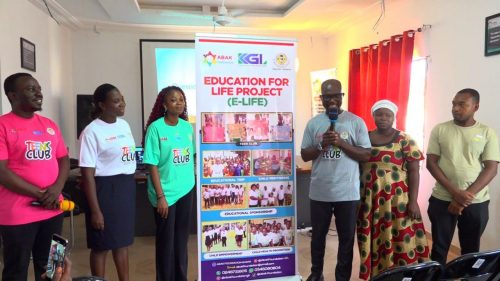
The launch saw an encouraging turnout of students, parents, and teachers, marking the beginning of what many hope will be a transformative journey in education delivery within the beneficiary communities.


